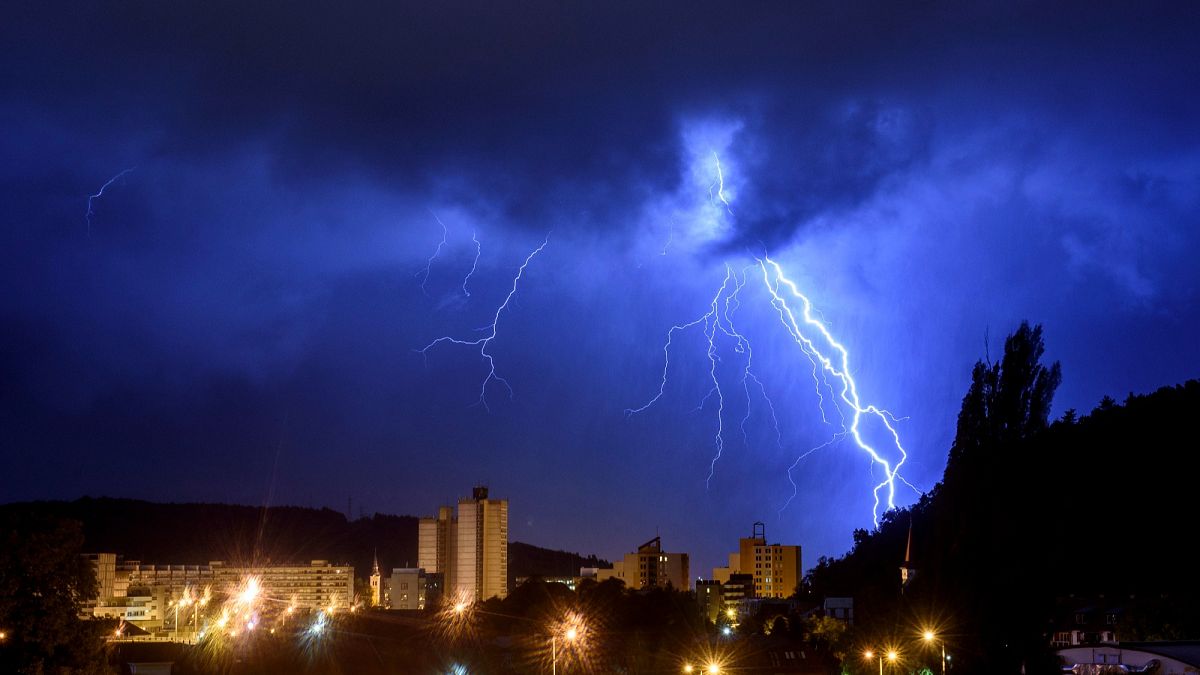

In recent weeks, the world has witnessed a series of significant environmental changes, sparking conversations about climate resilience and the future of our planet. This article explores how different regions are grappling with the impacts of global warming and the urgent need for sustainable solutions.
Hungary and the Balkans are among the regions experiencing the rapid effects of climate change, with temperatures rising at a nearly alarming pace. According to climate researchers, these elevated temperatures have already caused considerable damage to agriculture, a vital part of the Hungarian economy. As the climate continues to warm at an unprecedented speed, the agricultural sector is facing trials that demand urgent attention to adaptation strategies.
In southern Europe, Portugal’s Algarve region has reported record-high sea temperatures, with averages reaching around 25.1°C from June to July. These unusual thermal conditions, described as a ‘marine heatwave’ by the Portuguese Maritime Authority, could have far-reaching impacts on marine ecosystems and local fishing industries. The rising sea temperatures underscore the pressing need for robust marine management practices to conserve biodiversity and sustain economic livelihoods in coastal areas.
Meanwhile, in Greece, environmental activism highlights another facet of the global climate dialogue. Greenpeace has brought attention to the country’s fossil fuel investments, arguing for a decisive shift away from fossil gas projects. The organization’s calls for sustainable energy investments emphasize a growing global recognition of the importance of transitioning to cleaner energy sources as part of a comprehensive approach to climate change mitigation.
Across the Atlantic, Colombia and Venezuela have fallen prey to deadly rainfall events, resulting in catastrophic floods and landslides. Scientists monitoring these events have noted gaps in climate research that hinders accurate predictions and timely interventions. This situation emphasizes the vital role of scientific research and data collection in building resilience against such climate-induced disasters, suggesting that increased investments in research could play a pivotal role in preventing future tragedies.
In Brazil, environmental laws have come under scrutiny following the passing of a bill, commonly referred to as the ‘devastation bill’. The legislation threatens to significantly relax the country’s environmental protections, raising concerns among environmentalists and Indigenous communities about potential increases in deforestation and habitat loss. As lawmakers await the presidential decision to approve or veto the bill, the debate continues, highlighting the delicate balance between development and conservation in policy-making.
These developments across different corners of the globe depict a vivid picture of the varied challenges posed by climate change and the collective effort needed to address them. The stories from Hungary’s farms, Portugal’s shores, Greece’s energy sector, Colombia’s valleys, and Brazil’s rainforests invite contemplation and inspire a call to action towards a sustainable future.
Source: {link}
